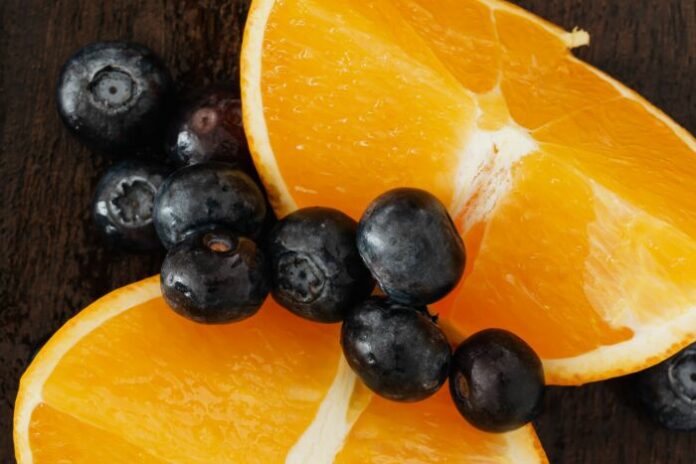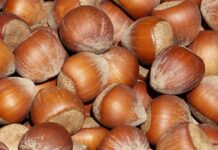
Preliminary results show that treatment of liver cells with certain bioactive molecules from citrus fruits and red vine is able to stimulate their ability to respond to circulating glucose levels. ‘Specifically, the different plant matrices seem to favour the intracellular uptake of glucose, leading to a significant increase in glycogen content and an improvement in insulin resistance,’ explains Barbara Benassi, head of the ENEA Health and Environment Laboratory and co-author of the study together with her colleague Maria Pierdomenico and Costanza Riccioni, Esserre’s research and development manager.
The research team studied insulin resistance using human liver cells treated with the natural extracts to test the hypoglycaemic effect of anthocyanins and flavanones, beneficial molecules in which red grapes and citrus fruits are very rich.
Insulin resistance is a pathological state in which target cells, particularly liver, muscle and adipose tissue, do not respond to normal levels of circulating insulin, resulting in altered glucose and lipid balance (homeostasis). ‘In terms of its mechanism of action, it is often caused by the malfunctioning of the insulin receptor IRS-1; therefore, acting on this molecule through an innovative nutraceutical formulation could contribute significantly to improving insulin resistance,’ concludes the ENEA researcher.
If further validated, these experimental results would pave the way for the use of flavonoid-based formulations obtained from lemon, orange and red vine extracts as nutraceuticals for blood glucose control and for the treatment of insulin resistance in individuals at risk or who experience severe side effects associated with taking conventional hypoglycaemic drugs.






































